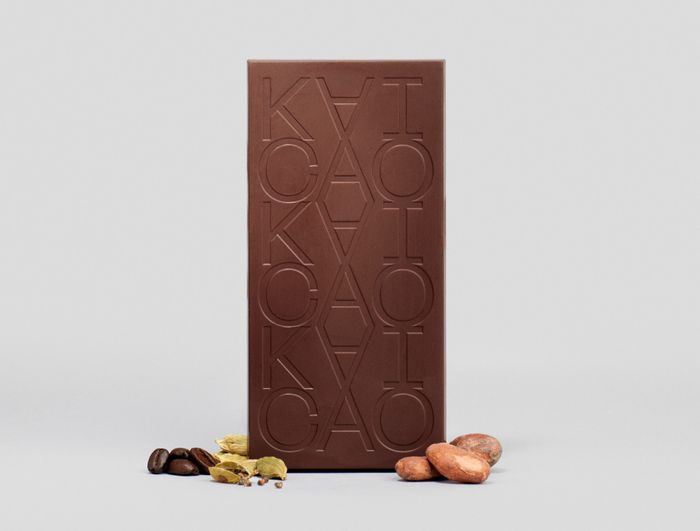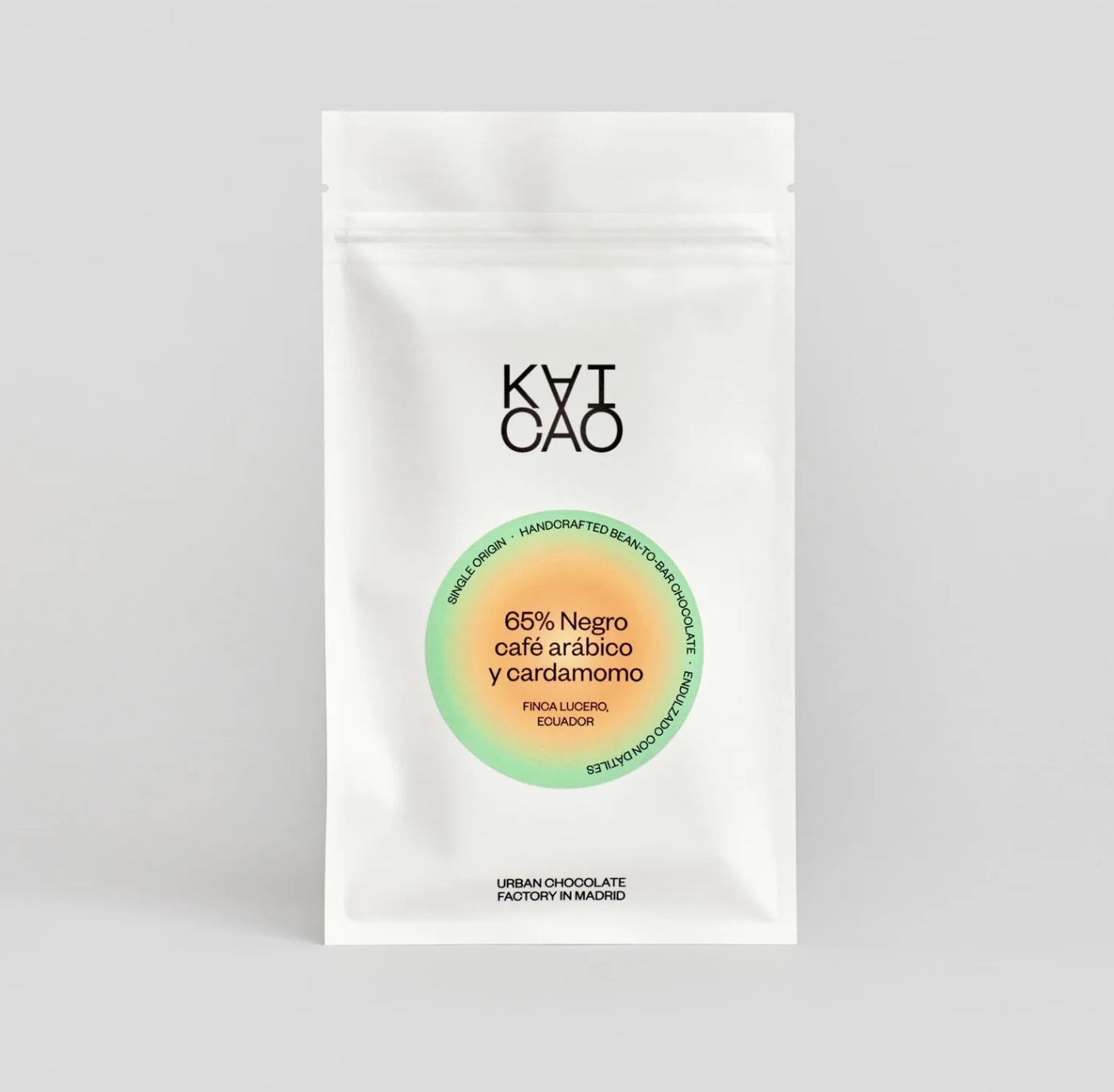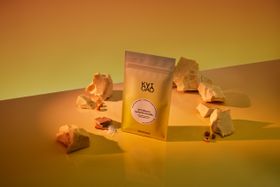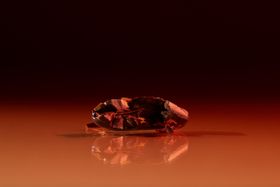When Combining Middle Eastern Origins With Our Unique Cacao Beans We Get the Perfect Flavor Storm, That Is How Our Arabic Coffee and Cardamom Bean to Bar Chocolate Was Born
A harmonious blend of Middle Eastern tradition and Ecuadorian cacao, our bean-to-bar chocolate reimagines the Arabic coffee experience
Updated December 9, 2024.

When Middle Eastern culinary traditions meet carefully selected cacao beans, magic happens. Our Arabic coffee and cardamom bean-to-bar chocolate is a testament to the art of flavor fusion, bridging continents and cultures in a single, luxurious bite.
» Indulge in the rich flavors of our 65% Dark Chocolate with Arabic Coffee and Cardamom
Cardamom: The Spice of Connection
Cardamom is not just a spice—it's a bridge between culinary traditions and cultural heritage. Native to the lush rainforests of Guatemala and the mountainous regions of India, this aromatic spice has been valued for thousands of years.
The spice offers a complex flavor profile that is simultaneously sweet, spicy, and slightly eucalyptus-like. Traditional medicine has long used cardamom for its potential health benefits. Modern scientific research suggests that cardamom may support digestive health, reduce inflammation, and provide antioxidant properties.
» Check out these top functional foods to transform your health
History of Arabic Coffee Culture
Arabic coffee is more than just a beverage—it's a cultural cornerstone that has defined social connection in the Middle East for centuries. This tradition goes beyond refreshment, representing a profound welcome, respect, and community ritual.
The origins of Arabic coffee date back to the 15th century, with Yemen being credited as the birthplace of coffee cultivation. Traders and Sufi monks first discovered the energizing properties of coffee beans, transforming a local crop into a global phenomenon.
Here's how Arabic coffee is prepared:
- Traditionally, coffee is prepared in a unique pot called a dallah, typically made of brass, copper, or stainless steel with a distinctive long curved spout.
- Water is heated in the dallah, and the finely ground coffee is added directly.
- Whole cardamom pods are typically crushed or ground, added directly to the coffee grounds, or sprinkled into the brewing pot.
- The coffee is brought to a gentle boil, removed from heat, allowed to settle, and then briefly reheated. This is repeated two or three times to create a thick, intense brew with a distinctive foam on top.
- When served, Arabic coffee is poured into small, handleless cups called finjan. It is customary to fill the cups only partially and serve multiple rounds.
- The first cup is traditionally the strongest, with subsequent cups becoming progressively lighter.
» Looking for the energy of coffee without the crash? Try ceremonial cacao
Dates: Nature's Sweetener
Dates, a staple of the Middle East for millennia, have been cultivated in the region since ancient times. Rich in fiber, potassium, magnesium, and various vitamins, these fruits provide sustained energy and have been used in traditional medicine for centuries.
They are often served alongside Arabic coffee, with the sweetness of the dates balancing the coffee's robust, sometimes bitter taste. This is more than just a culinary practice; it symbolizes welcome, friendship, and social connection deeply ingrained in Middle Eastern culture.
» Enjoy the rich, creamy goodness of date-sweetened chocolate
Coffee, Chocolate, and Connection with KAICAO
At KAICAO, we've transformed the traditional Arabic coffee experience into an innovative chocolate bar that captures the soul of Middle Eastern hospitality.
We've meticulously selected high-altitude coffee beans from Espiritu Santo del Pinal in Brazil, aromatic cardamom from Guatemala's rainforests, and exceptional cacao beans from Finca Lucero in Ecuador. Instead of refined sugar, we use dates, a nod to the Middle Eastern tradition of serving dates alongside coffee.
We're committed to bringing the essence of Middle Eastern culinary traditions to a global audience through chocolate making. When you taste our chocolate, you're not just enjoying a sweet treat. You're experiencing a rich, centuries-old cultural tradition that speaks of community, respect, and the magic that happens when different worlds come together.
Disclaimer: The chocolate information provided by KAICAO is intended for educational purposes related to chocolate products. We encourage you to embrace the chocolate experience, savor each moment, and explore the world of chocolate with passion.






